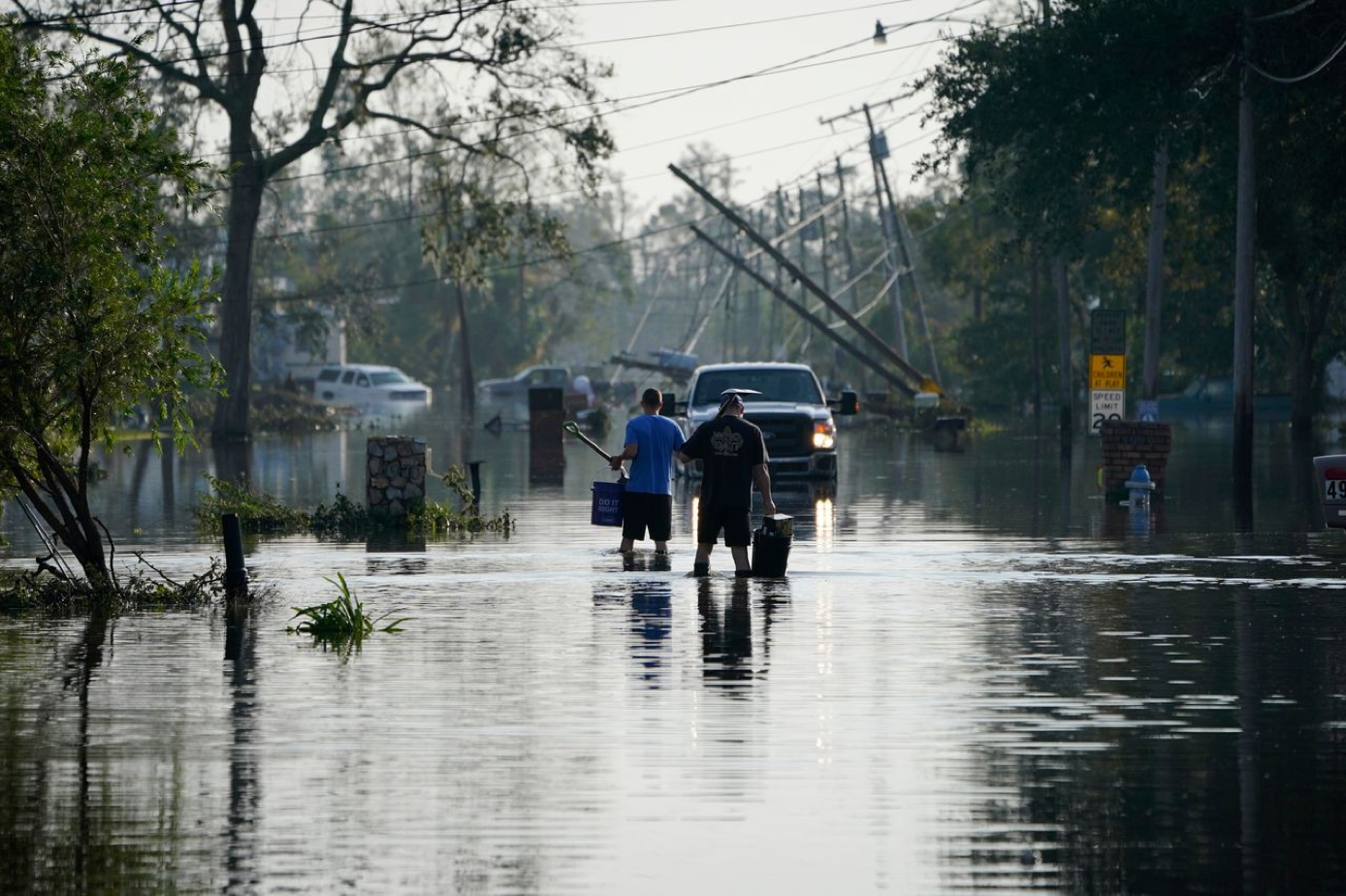Rising temperatures threaten ‘catastrophic harm to health that will be impossible to reverse,’ editors of 220 journals from around the world say
Editors of 220 leading medical, nursing and public-health journals from around the world called for urgent action on climate change, in a joint editorial published on Sunday.
The editorial, which appeared in journals including the New England Journal of Medicine, the British Medical Journal and The Lancet, warns that current efforts aren’t enough to address health problems resulting from rising global temperatures caused by emissions of carbon dioxide and other greenhouse gases.
“Health is already being harmed by global temperature increases and the destruction of the natural world,” the journals’ editors say in the editorial. If unchecked, they say, rising temperatures “risk catastrophic harm to health that will be impossible to reverse.”
In their shared statement, the editors press for “fundamental changes in how our societies and economies are organized and how we live” to limit future global temperature increases to 1.5 degrees Celsius (2.7 degrees Fahrenheit) above pre-industrial levels—a goal arising from the 2015 Paris climate summit.
Greenhouse-gas emissions from human activity have raised global temperatures by 1.1 degrees C since the Industrial Revolution began in the mid-19th century, according to scientific studies.
The editorial is aimed at world leaders participating in a meeting of the United Nations General Assembly that begins on Sept. 14, as well as those who will be gathering in November at a global climate treaty conference in Glasgow, Scotland. The latter gathering, known as COP26, is expected to address more ambitious efforts to cut greenhouse-gas emissions.
The editorial was published in journals from China, India, Australia, Africa and South America in addition to those from the U.S. and the U.K. The effort was organized by the U.K. Health Alliance on Climate Change, a coalition of 21 health organizations including the British Medical Association, the Royal Society of Medicine and the Royal College of Nursing.
“It is an unusual happening and it is driven by unusual circumstances,” Dr. Eric J. Rubin, editor in chief of the New England Journal of Medicine, said of the editorial. “It is evident that climate change is a problem. What is less evident to people is that it is a public-health problem, not just a physical catastrophe.”
Rising temperature and other manifestations of climate change have brought higher rates of heart and lung ailments and infectious diseases, as well as of injuries and premature deaths tied to extreme weather, according to the U.S. Centers for Disease Control and Prevention. In 2015, for example, extreme heat was blamed for the deaths of nearly 3,300 people in France, according to the Brussels-based Centre for Research on the Epidemiology of Disasters.
Climate change also takes a toll on mental health. Heat waves, floods and other extreme weather events—which research shows have become more common as a result of climate change—can cause anxiety and depression, according to the American Psychiatric Association. A 2019 study published in Nature Climate Change linked increased temperatures to a rise in suicides.
The editorial warns that the health impacts of climate change disproportionately affect children, elderly people and those with underlying medical conditions as well as ethnic minorities—which vary from country to country. These and certain other communities—including pregnant women, immigrants, indigenous people, disabled people and workers exposed to extreme weather—are especially vulnerable to climate change, according to the American Public Health Association.
The editorial comes on the heels of a report issued by the Intergovernmental Panel on Climate Change in August, which said record heat waves, extreme droughts, more intense storms, melting ice sheets and rising seas were attributable in large part to heat-trapping gases such as methane released by agriculture and carbon dioxide from the burning of fossil fuels.
Risk and Compliance Journal
Our Morning Risk Report features insights and news on governance, risk and compliance.
T he report, which was based on a three-year analysis of 14,000 peer-reviewed scientific studies and improved climate models, indicates that without rapid reductions in emissions, global temperatures could rise 1.5 degrees C above pre-industrial levels over the next 20 years. Climate models have proven to be quite accurate at predicting global temperature changes, according to a 2019 study published in the journal Geophysical Research Letters.
Many governments and businesses have set targets to reach net-zero emissions, some as soon as 2030. But the editorial calls such targets “easy to set and hard to achieve. Concern is growing that temperature rises above 1.5 degrees C are beginning to be seen as inevitable, or even acceptable, to powerful members of the global community.”
Among other measures, the editorial calls for wealthy countries to go beyond an existing commitment to provide $100 billion a year in aid to help low-income countries adapt to rising temperatures. More funding is needed for mitigation and adaptation, the editorial says, and it should come as grants rather than loans and should be aimed at helping to redesign transport systems, food distribution networks, financial markets and healthcare systems.
“Health professionals have been on the front-line of the Covid-19 crisis,“ Dr. Fiona Godlee, editor in chief of the British Medical Journal, said. “And they are united in warning that going above 1.5 C and allowing the continued destruction of nature will bring the next, far deadlier crisis.”
Write to Robert Lee Hotz at sciencejournal@wsj.com




